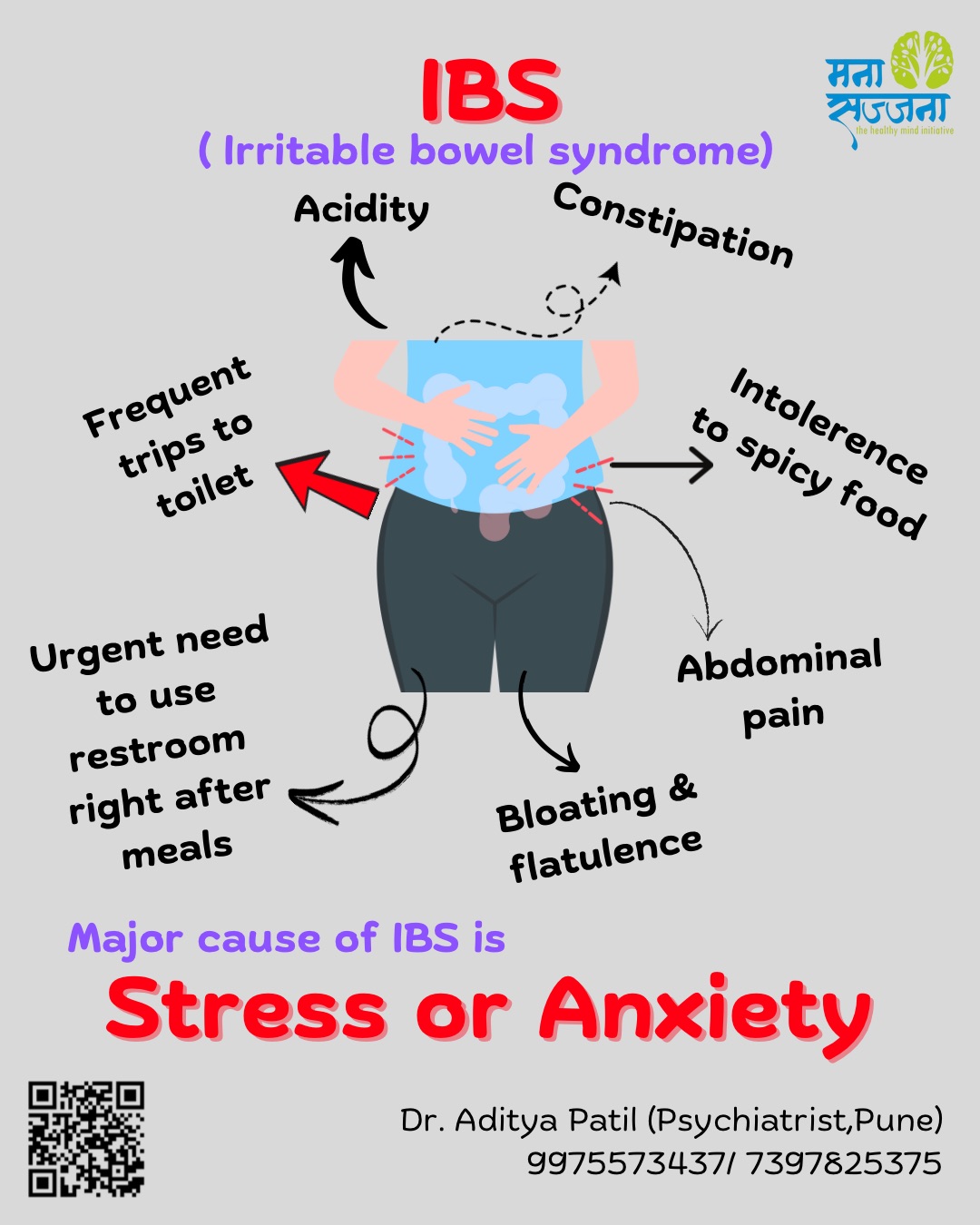+918048031534

This is your website preview.
Currently it only shows your basic business info. Start adding relevant business details such as description, images and products or services to gain your customers attention by using Boost 360 android app / iOS App / web portal.
Stress is widely recognized as a significant facto...

Stress is widely recognized as a significant factor that can either trigger or exacerbate symptoms of Irritable Bowel Syndrome (IBS), including abdominal pain, bloating, and changes in bowel habits. This connection is believed to stem from the gut-brain axis, a complex communication pathway between the brain and the gastrointestinal (GI) system. When stress is experienced, it can disrupt the normal functioning of the GI system, leading to discomfort and digestive disturbances commonly associated with IBS. The impact of stress on IBS varies from person to person, but for many individuals, managing stress can significantly help alleviate symptoms. Techniques such as relaxation exercises, mindfulness practices, cognitive-behavioral therapy (CBT), and regular physical activity can promote relaxation and reduce the physiological effects of stress on the body. Additionally, establishing a routine for adequate sleep and healthy eating can further support digestive health. In cases where stress is severe or chronic, it may be necessary to seek professional help. Psychiatrists, psychologists, or therapists specializing in stress management can provide valuable guidance and coping strategies. By addressing both the psychological and physiological aspects of IBS, individuals may experience improvements in their symptoms and overall well-being.

